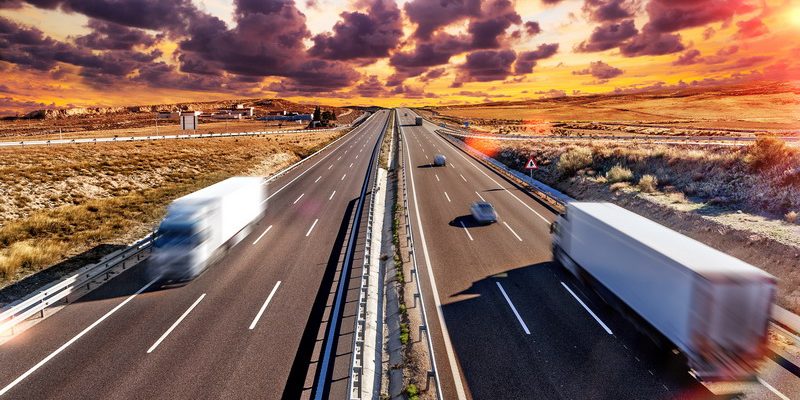Among the many promises made by candidate Donald Trump during the 2016 presidential campaign was a promise to rebuild America’s crumbling infrastructure. Now a year into his first term, it appears as though the president is getting ready to unveil a serious proposal for keeping that promise. An alleged draft of his plan was leaked to the press earlier this month. Unfortunately, the draft apparently includes new taxes. But what can you do?
According to multiple outlets including Truckers News, the president’s plan relies on new tolls and the commercialization of state-run rest areas to fund infrastructure improvements. This has a lot of motor carriers, drivers, and industry trade groups a bit upset. The American Trucking Associations (ATA) is among those unhappy with the plan. But again, what can you do?
The ATA calls the new tolls a tax, which they are. But their own proposal calls for establishing a dedicated highway fund monetized by an additional fuel surcharge that would be collected at the terminal. The question the ATA must answer is this: how is a new highway toll a tax but a 20% fuel surcharge is not? Any amount of money forcibly collected by government is a tax whether you call it that or not.
Government Projects Require Money
Few people would argue against the idea that the federal government spends more money than it should on things it has no business funding. But the simple reality is that government projects require money. If we want government to rebuild our failing infrastructure, they have to have the funds to do so. That means either raising taxes, incentivizing the private sector to invest, or cutting funds from other projects.
It would be ideal to see them stop spending money on the useless projects they now fund. In the absence of that, the alleged draft of the Trump infrastructure plan seems to be the next best option. It combines highway tolls with private investment. Isn’t supplementing toll income with private investment better than trying to raise all the funding through taxes alone?
Apply Tolls Fairly
It would be awesome if infrastructure funding could come completely from a combination of private investment and cuts to unnecessary government projects. But since that is not going to happen, some amount of taxation is inevitable. The goal should be lobbying Washington to guarantee that taxation by toll is applied fairly to everyone who uses the roads.
C.R. England, one of the largest and oldest temperature-controlled carriers in the country, runs thousands of trucks up and down America’s highways. They should not pay more in tolls than America’s passenger car owners, when adjusted for weight. In other words, highway tolls should not be structured like our graduated income tax system.
The argument for charging trucks more is that their excess weight does more damage to the roads than passenger vehicles. Fine. Tolls should be set on a per-pound basis that applies equally to all vehicles. If tolls on trucks go up by a certain percentage, the tolls for passenger vehicles and motorcycles should go up by the same percentage. Every driver on the roads will benefit from improved infrastructure; all should pay for it equally.
All we know at this point is that what appears to be a draft of President Trump’s infrastructure plan calls for increased tolls and private investment to pay for infrastructure improvements. Whether the leaked draft is legitimate or not has yet to be determined. Even if it is, changes will probably be made before the official proposal is released. So let’s not get excited.


